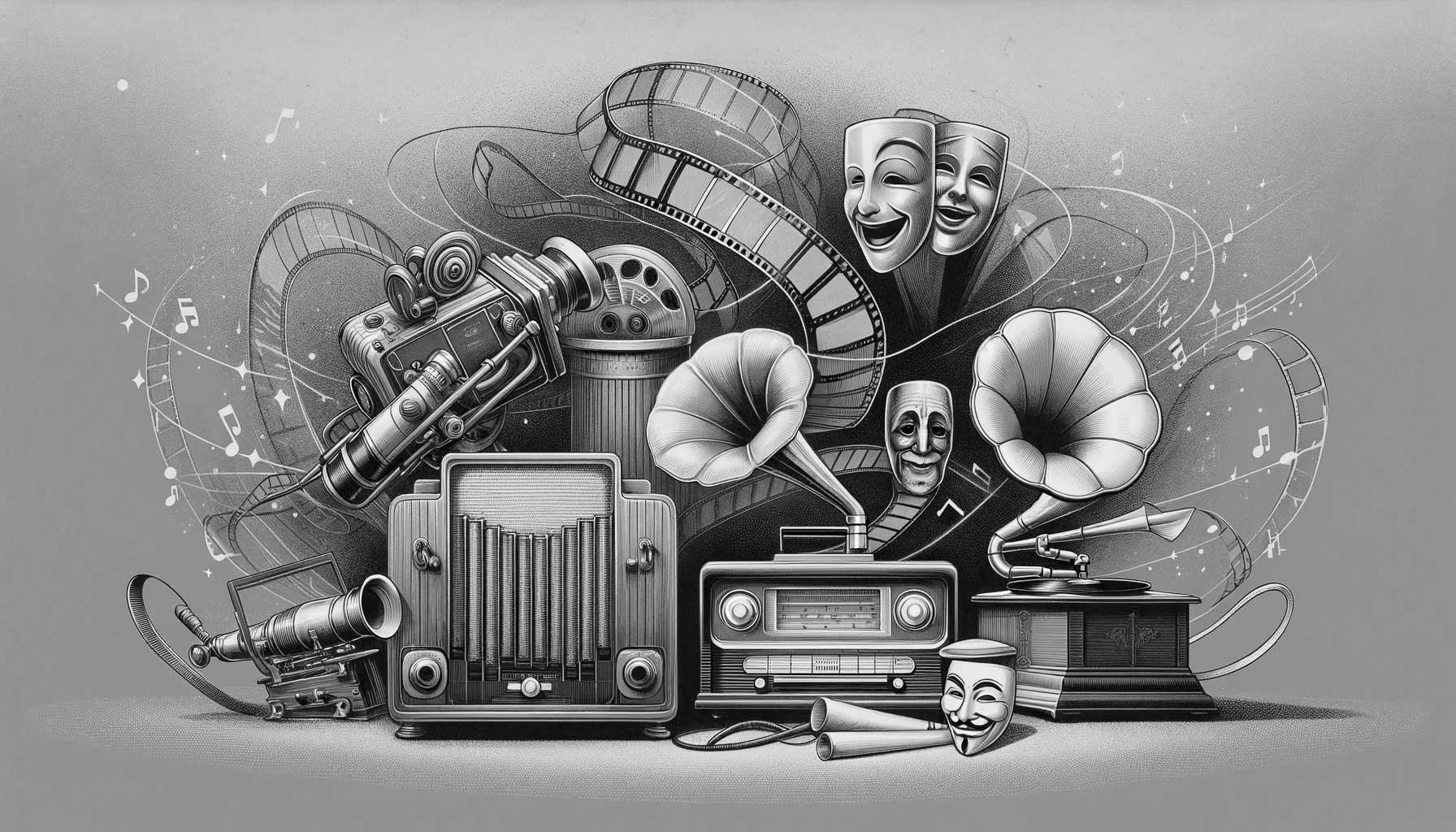Flashback to June 16
Entertainment History

1969
Jefferson Airplane member Paul Kantner is charged with possession of marijuana in Hawaii.
Read moreIt was a pivotal moment for rock and roll history when Jefferson Airplane member, Paul Kantner, was charged for possession of marijuana in Hawaii. The incident, which took place on October 18, 1969, remains a significant part of the band’s legacy, serving as a defining point in the cultural resistance of the 1960s.
Paul Kantner, co-founder of the iconic band Jefferson Airplane, was well-known in the industry for his psychedelic rock sound and the rebellious spirit that embodied an era. His run-in with the law in Hawaii for marijuana possession is ingrained in the annals of rock music folklore and remains a poignant episode evidencing the era’s counterculture themes.
The story began as Jefferson Airplane, the leading counterculture band of their time, ended a concert in Hawaii. Kantner, known for his sharp lyrics and anarchic soul, was found in possession of marijuana. The guitarist’s legal issues are close to the heart of their fanbase, interpreted by many as a defiant stand against traditionalist laws surrounding drugs at the time.
Marijuana is now legal, either for medical or recreational use, in many states across the U.S. However, it remains illegal in Hawaii, reflecting the drastic changes that have unfolded in drug laws over the last five decades. Nevertheless, in 1969, Kantner’s charge was much more than just a legal matter. It represented the cultural, political, and generational clashes that defined this turbulent time in history.
Jefferson Airplane was one of the spearheads of the psychedelic rock movement in the 1960s. They were synonymous with the counterculture and youth movement, most notably underlined by their performance at the landmark Woodstock concert in 1969. Their songs often broached anti-establishment themes, criticizing traditional norms and highlighting youth disillusionment.
While controversy was nothing new to Jefferson Airplane, the charges levied against Kantner in Hawaii were a direct blow to the band’s libertarian ideologies. It was viewed as an extension of the clash between the liberal movement, primarily associated with the younger generation, and the conservative law enforcement mechanisms of the state.
Marijuana was widely used in the 1960s’ counterculture, often associated with peace, love, and anti-war sentiments. Therefore, Kantner’s charge was not only seen as a legal infringement but also a confrontation of the band’s core beliefs. To fans and various stakeholders in the culture movement, the case epitomized government overreach into personal freedoms and liberties.
Jefferson Airplane’s influence extended beyond music. Kantner’s charge in Hawaii could serve as a significant focal point when discussing the band’s impact on broader counterculture movements. The event, while significantly impactful at the time, serves as a stark reminder of how far society has progressed regarding individual freedoms, personal space, and changing attitudes towards drugs.
Kantner and Jefferson Airplane remain stalwarts in the annals of music history. However, Kantner’s charges and the subsequent trials in Hawaii have helped the band carve out a specific space in the counterculture narrative as well. For a band that flaunted the norms and challenged conventional wisdom, the incident added serious weight to their reputation as authentic counterculture heroes.
Such high-profile cases often serve as a catalyst for change. While the issue of marijuana legalization is still hotly contested, the landscape has shifted considerably from the time Kantner was booked in Hawaii. It reminds the current generation of the struggles and victories won on the path to their lifestyle today, which was defended, promoted, and fought for by bands like Jefferson Airplane and figures like Paul Kantner.
The episode has become an integral part of the narrative surrounding Jefferson Airplane, psychedelic rock, and the counterculture movement. It serves as a historical touchstone encapsulating the conflicts and cultural rifts inherent in the 1960s.
We strive for accuracy. If you see something that doesn't look right, click here to contact us!

